Due to how much misinformation is currently being passed around following my tweet about Dignitas being granted North’s former ECS league spot, I have put together the main arguments for why the spots should belong to the players. I simultaneously hope to correct some of the false assumptions currently being passed around in the community as facts, and lay out counter-arguments for some of the reasons fans are citing for keeping status quo.
First of all, the number one differentiator in the business models between traditional sports leagues such as the NBA, and Counter-Strike leagues such as the likes of ECS and ESL Pro League, is what the business requires to function. To play in the NBA, a team needs significant infrastructure investments—the new stadium for the Golden State Warriors is expected to cost $1 billion, not to speak of practice facilities. If a league does not sufficiently motivate teams to make those investments, you will not have a league in the first place, which is why traditional sports must function differently.
On top of that, as a result of the large infrastructure investments that do not exist in esports, the teams in the NBA have large local fan bases. You cannot simply pack up your new $1 billion stadium and take it to ESL One Cologne as a carry-on item, so there is no need to even build it. And with no local setting for each team forcing them to stay put, the teams are not tied to a certain geographic location. It can be both a curse and a blessing, but in this case all that matters is that it speaks for the players owning league spots.
Counter-Strike is not even close to being ready, mature, or developed enough for a single exclusive league, even if that is where it will likely end in the long-term. Currently, a 30-team league might sound generous with majors packing just 16 teams. But given teams only comprise five players, that league would only include a total of 150 players in a game where those player slots are much less liquid than in any traditional sport. Counter-Strike teams do not—and likely never will—have substitutions or bench players. Signing good free agents because they are available is not common practice in Counter-Strike, because you cannot split the playtime among them as you can in the NBA, where your job as a coach is to share the regulation’s 240 player-minute load among your active roster. Continuity is much more important in Counter-Strike than any other sport.
If you were to setup an exclusive league, you would effectively kill the scene for anyone but those 150 players. The scene is not developed enough to sustain proper functionality elsewhere—not with underdeveloped regions such as Asia still playing catch-up. Owning a team is far less risky than hosting tournaments, which is why we currently should be catering to the latter instead. Furthermore, with how fast new teams can develop, why would you want to set in stone how many teams at most can move up in a season?
Contrary to popular belief, giving control of league spots to the organizations also discourages outside large investment. True, it will help in cutting longer sponsorship deals due to continuity, but who will step into esports with a large investment (and for the record, if we grow even close to the often-cited Newzoo figures, the investment sizes will also surpass current levels significantly) if they cannot get into the big leagues? And which millionaire wishes to be a mere-minority owner in a sports team?
Since the beginning of 2016 all of Astralis, FaZe, OpTic, North, Immortals, Echo Fox, Heroic, GODSENT, Gambit, BIG, and Misfits have gotten into Counter-Strike as newcomers. These are all organizations that were not around at all or involved in the game before then, but many today are the mainstay names that fans could supposedly not bear without. It is very narrow-minded to only focus on the now, when so many of today’s big names were not at all relevant a mere two years ago. For all we know, the biggest fan-favorites of year 2020 are not yet even plans in the minds of their future founders.
Are you ready to shut the door for material outside money, just when the likes of NBA and professional soccer teams are beginning to invest? If a billionaire like Mark Cuban or Steve Ballmer decides they want a Counter-Strike team, will you say no just so that the current owners can eat all the cake? And if so, why do you want to do that? Is there no way they might be able to add value to our ecosystem?
Hypothetically, let us assume that aside from Astralis (who already are a partly player-owned organization, albeit with under 5 percent ownership per player), all other top 10 teams in the world decide that the organizations are not adding enough value and they want to start their own organizations, leaving the current names behind. With organizations owning roster spots, the likes of ECS and EPL would be stuck with much weaker teams for an entire season. Would that season still be played out? Would anyone watch? They might force said organizations to sell their spots, but it should not even be necessary in the first place.
Having the old and new rosters of organizations face off for a league spot sounds good on paper, but also creates unintended consequences. If organizations know a single match will largely decide their new team’s value, they are likely to sign contracts contingent on success in that one match. Plus, in a scenario where multiple top rosters are vying for a single league spot, the organization could sign the team who accepts less money, knowing they hold the bargaining chip. How is that a good incentive system to have?
What about the awkward scenario of a team disbanding, when using the standard 3/5 rule, where you need 3/5 players of a team to keep the league spot, as is currently done at Valve’s majors? The rule allows leagues to be flexible, to invite the best available team or to host an open qualifier. Likewise, it gives players comfort in knowing they are not stuck with an organization for life, while giving said organizations increased motivation to treat their players well.
It paints an incorrect picture of the business model to suggest organizations cannot live without the extra protection of a league spot. Even when the likes of Dignitas get to keep their spot—as happened in ECS—it is most likely only a temporary relief, as they may face relegation at a later date. Much like in any other sport, the organizations pay players to perform while representing them and their sponsors. Besides, the current organizations boasting league spots were merely lucky with timing, having invested in said players for their ability, and being granted slots due to being owners at the right time. That is entirely different to buying an NBA franchise for $2 billion and then seeing your stars flee in free agency, putting you outside of the league itself—an important distinction when making comparisons. The protection organizations do rightfully have are player contracts, which, contrary to what some still unfortunately spread as fact, are enforced these days. The amounts of money out there justify getting lawyers involved in 2017.
To drive the point on importance of organization brands home, consider how few Brazilians cared about SK (who then yielded a Danish team with Pimp) prior to FalleN’s team joining, or how many non-Brazilian coldzera fans continued to actively follow the Brazilian Luminosity team after the world champions departed. As it turns out, fans care about top-level Counter-Strike, not the color of the players’ jerseys. To top it off, last summer saw current SK forced to drop out of ELEAGUE’s inaugural season due an ill-timed organization change, one that clearly made the conditions for the Brazilian team better. Should FalleN’s team be punished for leaving an organization that rumors say was months behind on salaries? Was anyone happy about the fact ELEAGUE considered the Luminosity organization owners of the spot, and kicked coldzera and company out? Finally, why should the players be punished based on the timing of contracts that were signed before ELEAGUE even existed in the first place?
As far as investments into the leagues go, the public misconception is largely false. The leagues are put together by the event organizers and their sponsors, and the revenue sharing as well as other perks are put in place to get these organizations to sign their players up. Not only did they not pay sign-up fees for the leagues, but some of the leagues in fact paid the organizations lump sum payments to get their players playing there. Remember, this was part of what caused the drama around PEA, that organizations could use players as bargaining chips as they wished. Now, who was on PEA’s side in that scenario? Why and how is this any different?
The dirty secret of esports is that organizations, due to their variable cost structure and little to no required infrastructure investments, are mere marketing agencies for the players – a point I already made over a year ago in a separate column. Their job is to sell the players to sponsors, who will in exchange put up enough money to pay the players’ salaries. This is especially the case in today’s industry landscape, where costs of traveling to tournaments—which used to be the single biggest outlay of cash in my playing day—are covered by the events themselves, de-risking the investments of the organizations even further.
As an added bonus, giving players control of their league spots would motivate the organizations to take better care of their players, to ensure the players want to continue playing under the organization’s brand. Is it possible that salaries might lower if spots are officially transferred to the players? Maybe, though we already have a precedent for players preferring equity to higher up-front pay. But that would simply be because it would be an actual catalyst that would force organizations to re-evaluate their investments.
Multiple team owners and executives have voiced concern privately about current valuation levels, simply stating Counter-Strike does not make sense as a business as things stand. And yet, the music is still playing because they are afraid of being left out, and for that they have no one to blame but themselves. And the players should not be the ones paying for those mistakes.
Ownership of league spots belonging to organizations is simply a wealth transfer from the players to the owners – nothing else. Now, unless you belong in the latter group, why would you want to make that transfer?
Contrary to popular belief, the players already hold all the cards. Now they only need to call the organizations’ bluff, and make them squeal.


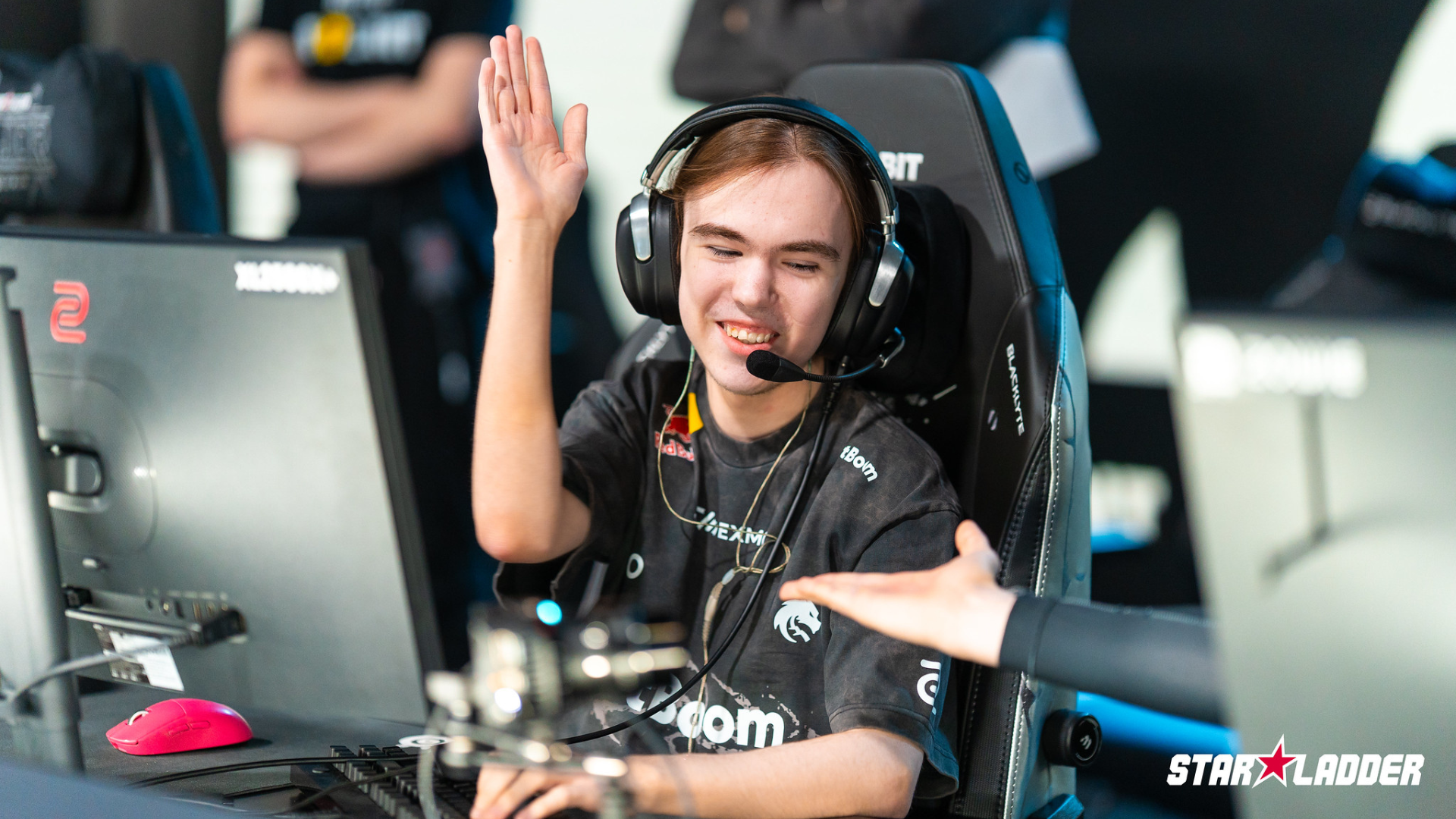
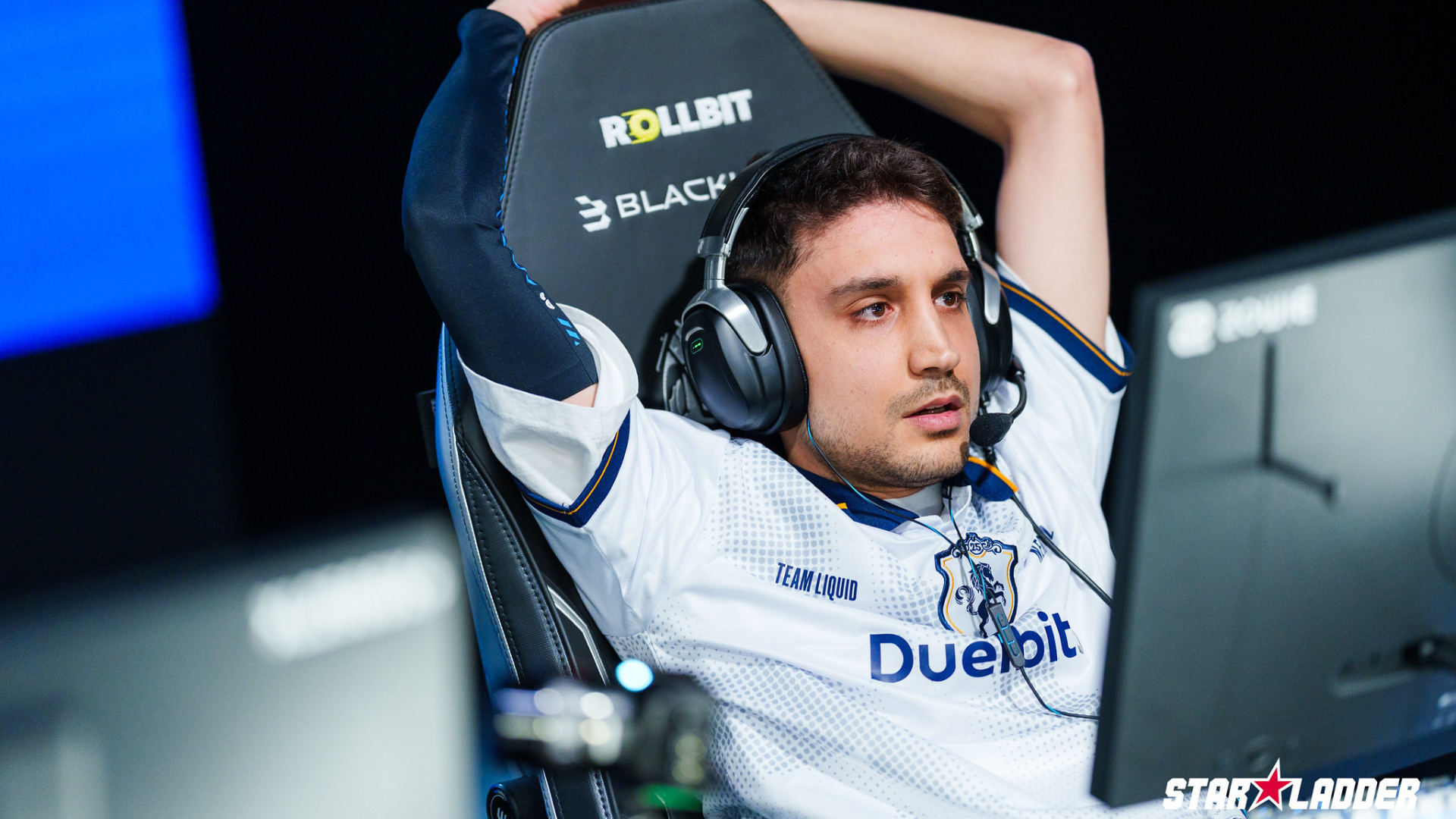
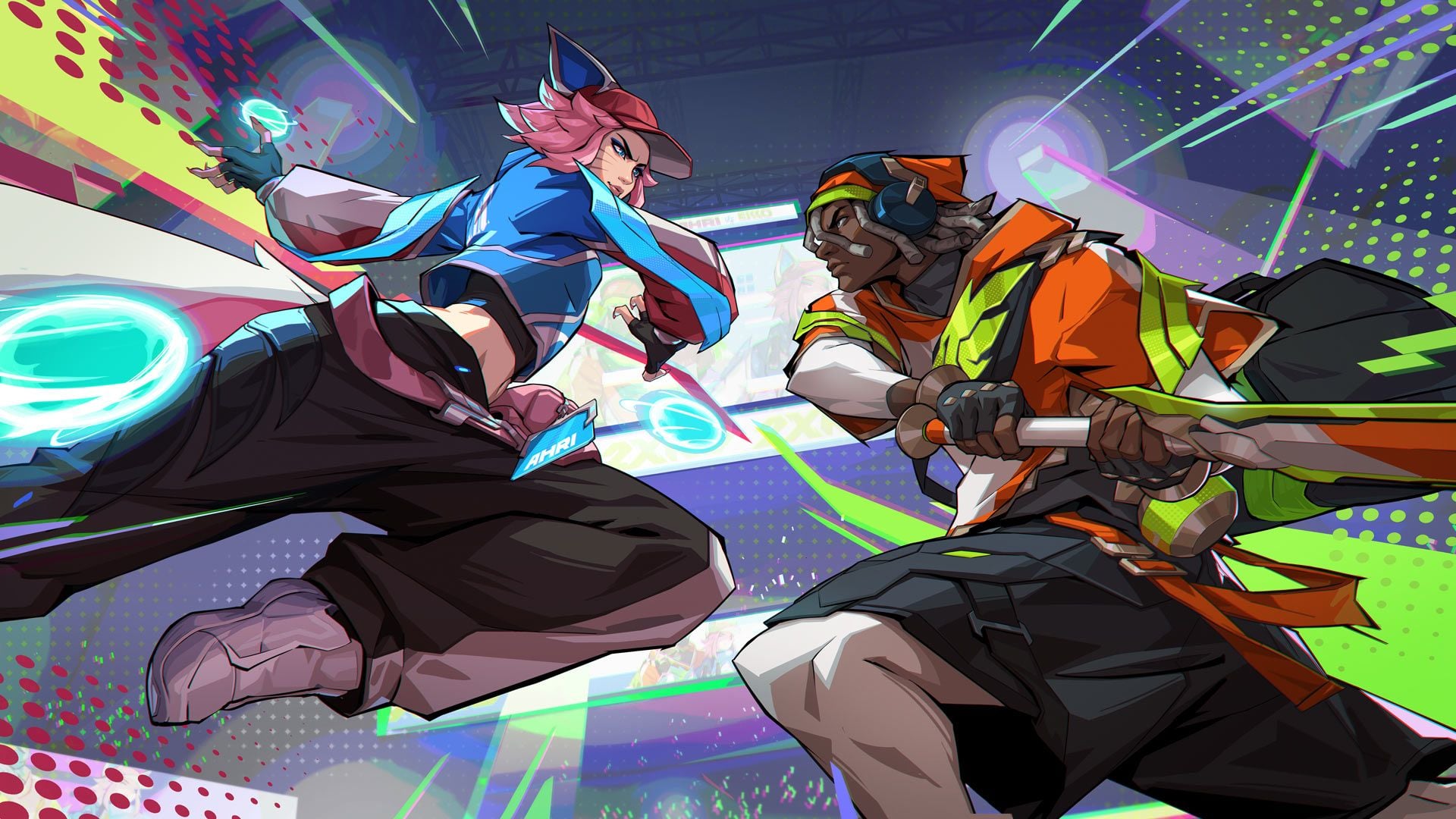
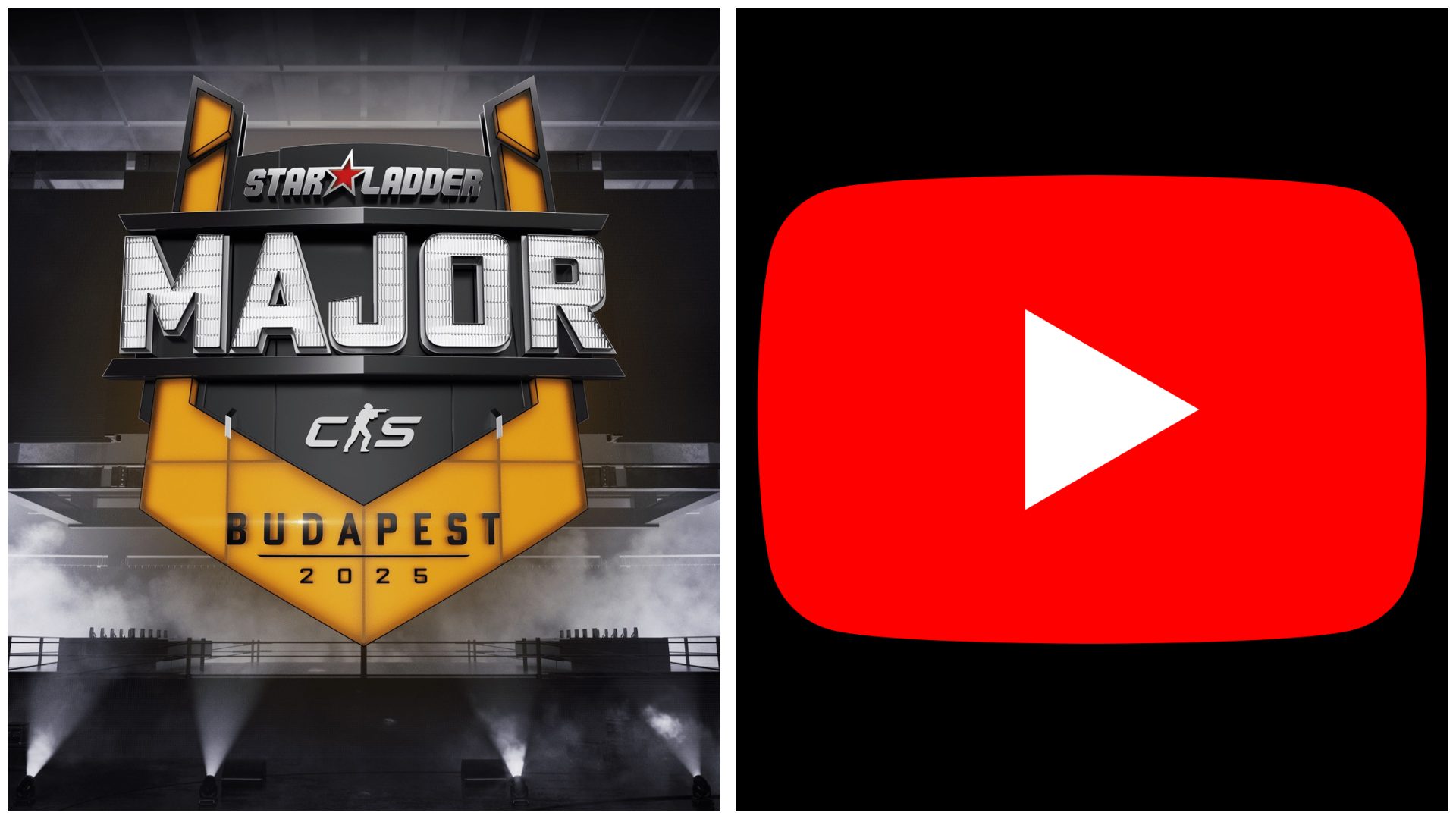
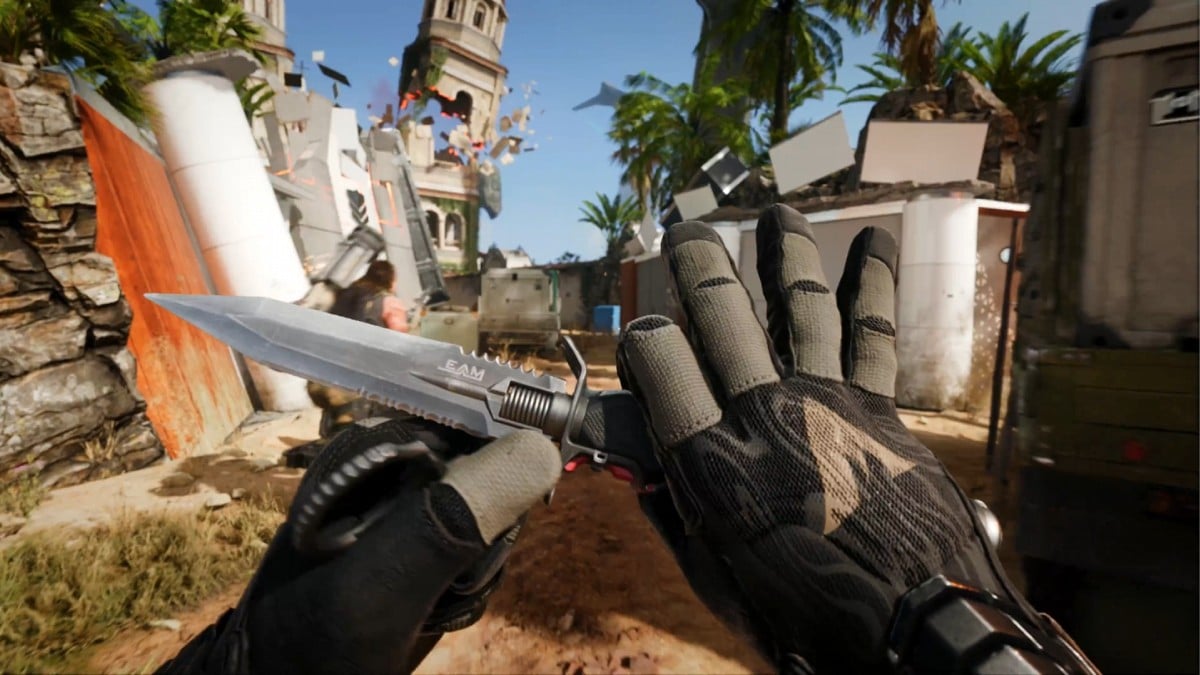
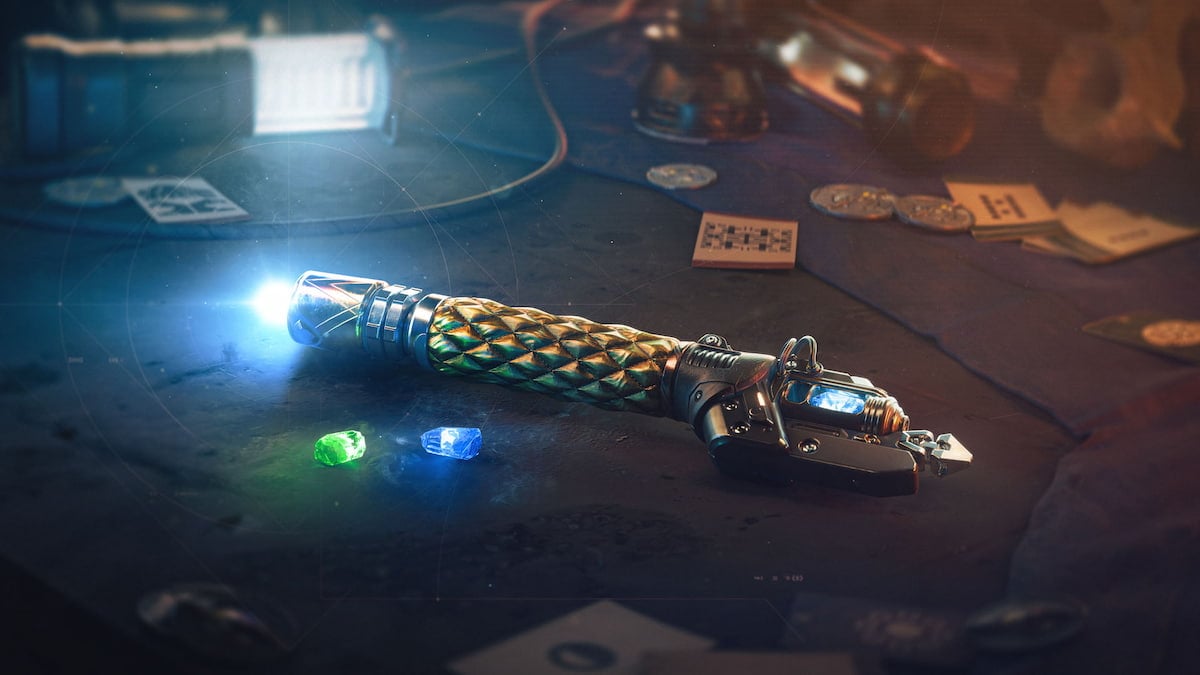
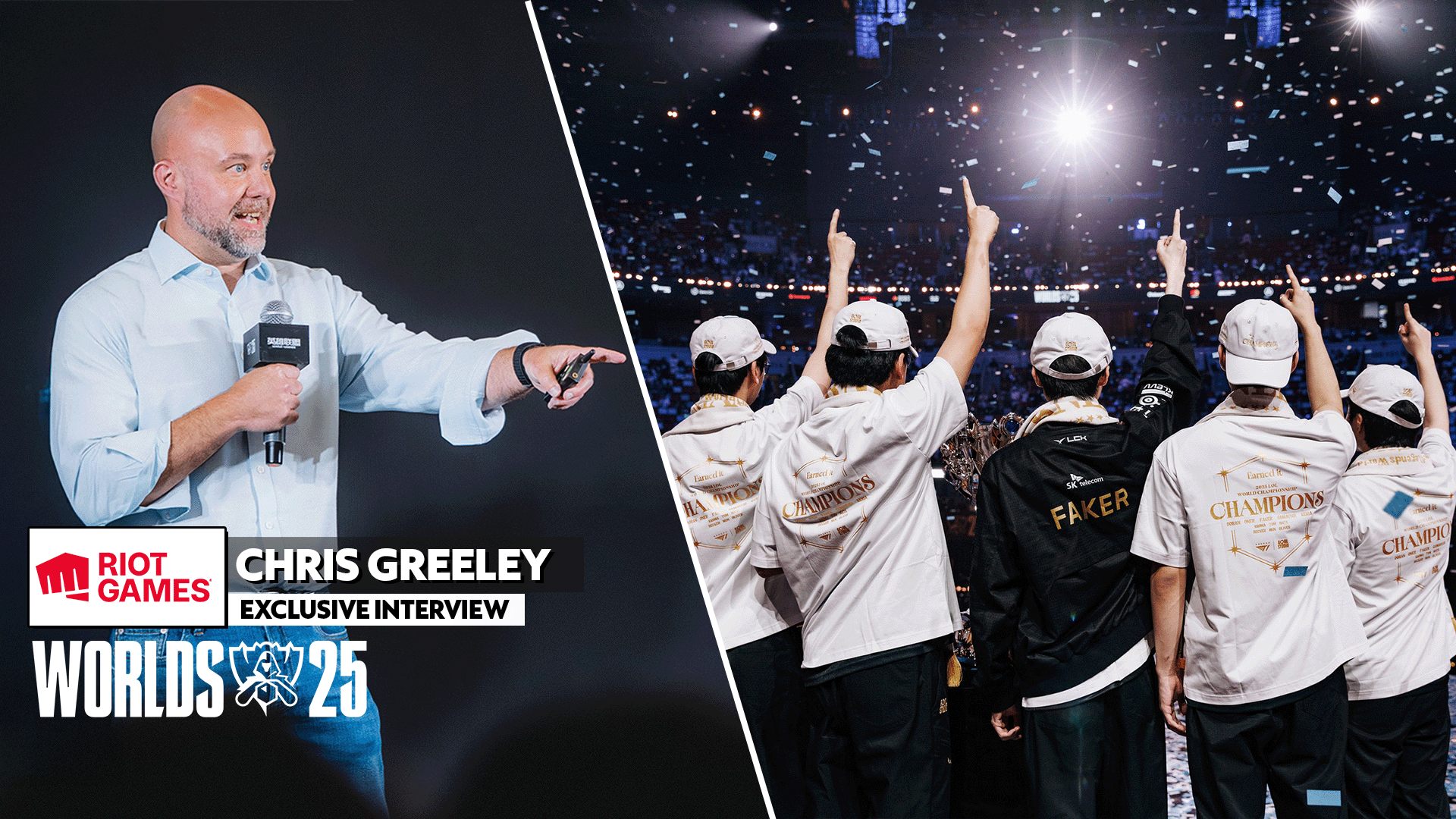
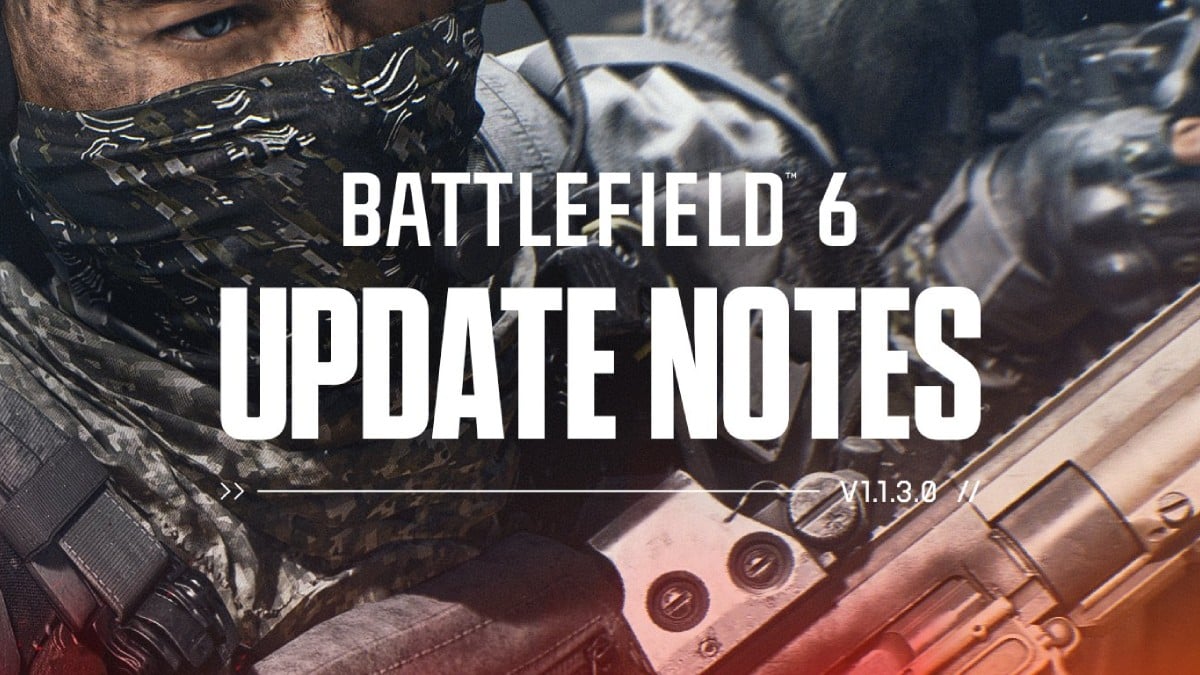

Published: Mar 27, 2017 08:44 am